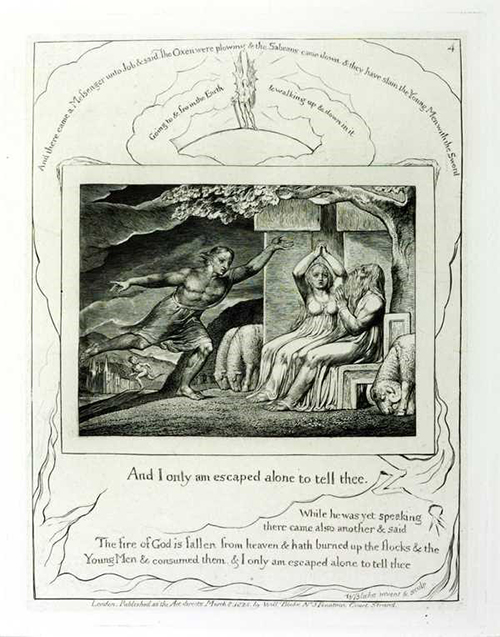Job is one of those persons in the Old Testament who always presents us with a challenge. (Jb. 7: 1- 4, 6 – 7)
He confounds all that we believe about God and about life. Job asks the big questions about the meaning of life.
He faces the malaise of many today, boredom.
Life seems like an endless cycle of nothingness.
Job’s main response is ‘why bother?’
All he has to look forward to is grief.
The thing that makes matters worse is that Job is a just man; he was a model of a good human life.
Later on in the book he suffers terrible tragedy, and everyone asks what he has done wrong. Tragedy was linked to punishment.
The question about the meaning of life is also a question about God.
Ironically, the more Job enters into his suffering the more he comes to know the living God.
In the Book of Job, we are dealing with the wisdom literature of the Bible. Here is a story of growth in wisdom. To grow in wisdom is not necessarily to acquire all the answers, however it may be to learn that the old answers no longer satisfy.
The Book of Job is about the purification of the image of God and hence coming to know God more deeply.
It means daring to hold the possibility that God is more than anything I might imagine; it is holding the possibility that God is only a name given to a truth I will never understand.
It exposes the horrible truth that “I have made God” in a way that I can understand and be comfortable with, rather than living with the awful, radical truth of mystery.
Mystery frightens our modern generation – we need to know!
However, Job teaches us another truth: to learn to trust the unknown. Learn to trust the other.
Like Job, it is coming to know that God is bigger than anything we can grasp. We might not have all the answers, however we can live peacefully in the mystery that God is with us.
The name, William Blake (1757 –1827) is recognised most readily as an English poet, however, he was also a painter, and printmaker.
Among Blake’s finest works are 21 watercolours interpreting the Book of Job and its theme of unmerited suffering.

